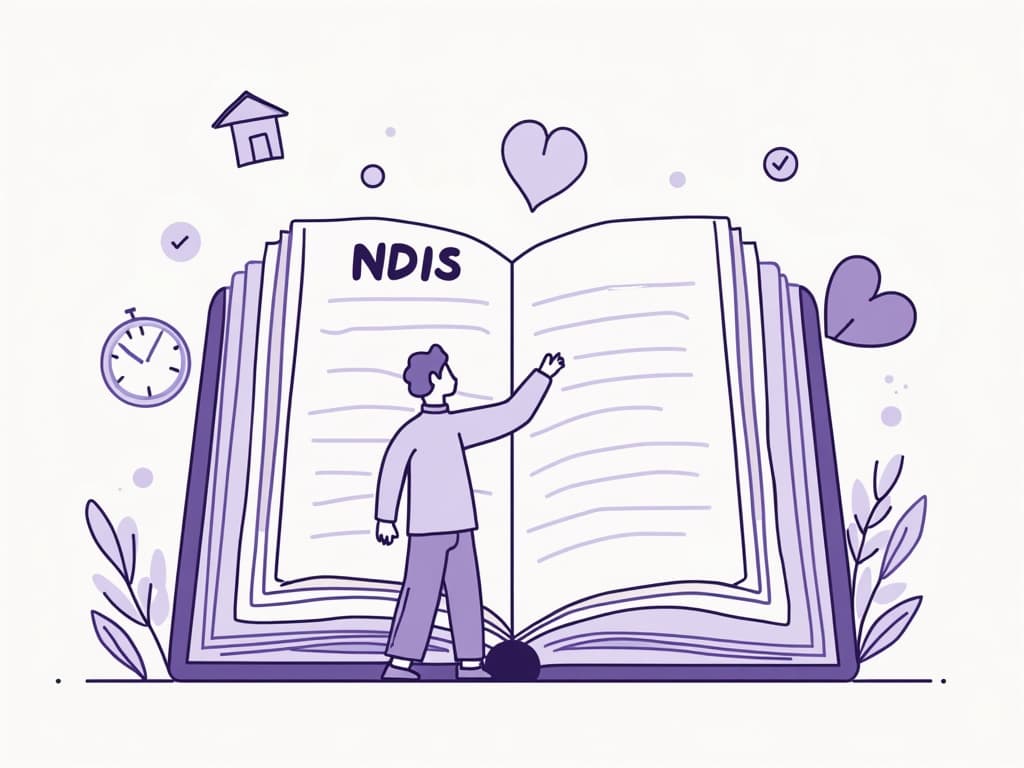NDIS Insight
NDIS
Untangling NDIS Permanent Impairment: What You Need to Know
Updated 8/4/2025
Unravel the complexities of NDIS permanent impairment assessments and learn how they impact your support journey.
5 min read

NDIS
Disability Support
Permanent Impairment